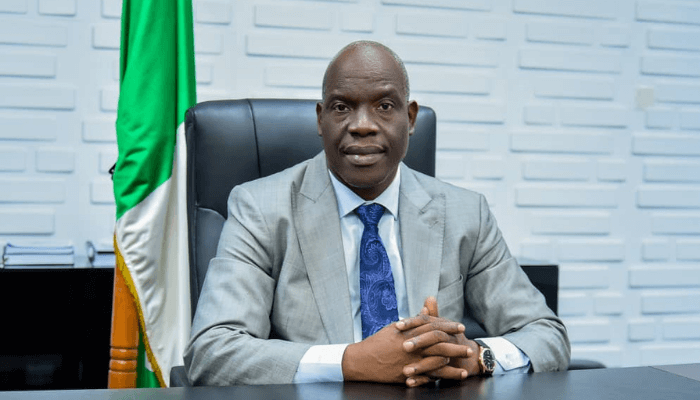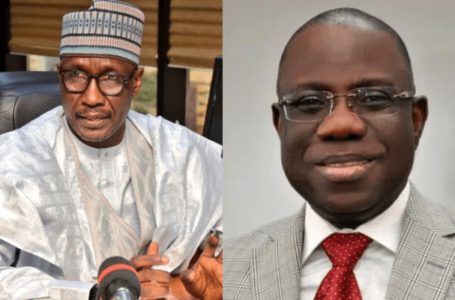Gas Supply to Geometric Power Resumes, as More People Now Receive Electricity
NUPRC Commits to Fair, Competitive 2024 Closed Bids for Oil, Gas Fields

In a resolute statement, the Nigerian Upstream Petroleum Regulatory Commission (NUPRC) has affirmed its unwavering dedication to conducting the 2024 closed bids with utmost transparency and fairness.
Emphasising the legality of this move under Section 73(1) of the Petroleum Industry Act (PIA), Engr. Gbenga Komolafe, the Chief Executive of NUPRC, underscored the importance of a rigorous and competitive process during his keynote address at the 7th Edition of the Nigeria International Energy Summit (NIES).
Komolafe highlighted the Commission’s commitment to creating additional investment avenues through ongoing licensing rounds for seven deepwater acreages and the forthcoming 2024 closed bids.
These initiatives are poised to bolster the nation’s reserves, enhance production capabilities, and elevate national revenue.
He clarified that both open and closed bids are permissible under the law, as long as they adhere to the principles of fairness, transparency, and competitiveness.
Komolafe emphasised, “The licensing round is based on a fair, transparent, and competitive bidding process, as outlined in Section 73(1) of the PIA.”
Providing insight into Nigeria’s current oil production landscape, Komolafe revealed that while actual national production averages 1.33 million barrels of oil per day and 256 thousand barrels of condensate per day, the national technical production potential stands at 2.26 million barrels per day. Despite this potential, the current OPEC quota limits production to 1.5 million barrels of oil per day.
Closing the gap between actual production and technical potential presents a lucrative opportunity for Nigeria to unlock additional revenue streams, mitigate foreign exchange challenges, and bolster economic resilience.
Komolafe reiterated the Commission’s proactive stance towards addressing production challenges, including measures to enhance transparency in hydrocarbon measurement and accounting, collaborative work program administration with Exploration and Production (E&P) companies, and rigorous monitoring of their financial viability and field developments.
Highlighting the Commission’s achievements, Komolafe showcased significant milestones such as the approval of 51 Field Development Plans, which are expected to attract a substantial $17.64 billion investment and contribute to oil and gas recovery.
Additionally, substantial investments in drilling, well workovers, interventions, and exploration activities have been instrumental in driving growth within the sector.
Furthermore, Komolafe emphasised NUPRC’s commitment to fostering an investment-friendly environment in the oil and gas industry through strategic initiatives and collaboration with industry stakeholders.
In line with Nigeria’s aspirations for environmental sustainability, Komolafe outlined the Commission’s efforts to achieve a zero-flare target by 2030 and net-zero carbon emissions by 2060. Spearheading this ambitious drive are innovative initiatives such as the Flare Commercialization Program (NGFCP) and the establishment of a College of Awardees to facilitate knowledge sharing and collaboration.
Finally, Komolafe emphasised NUPRC’s technological evolution, highlighting the transition from manual to tech-driven operations. This shift has not only optimised efficiency but also enabled informed decision-making, eradicated delays, and fostered a culture of technological advancement within the sector.
Komolafe concluded by expressing optimism about Nigeria’s potential as a top investment hub in the oil and gas industry, reaffirming NUPRC’s commitment to driving sustainable growth and prosperity for the nation.






